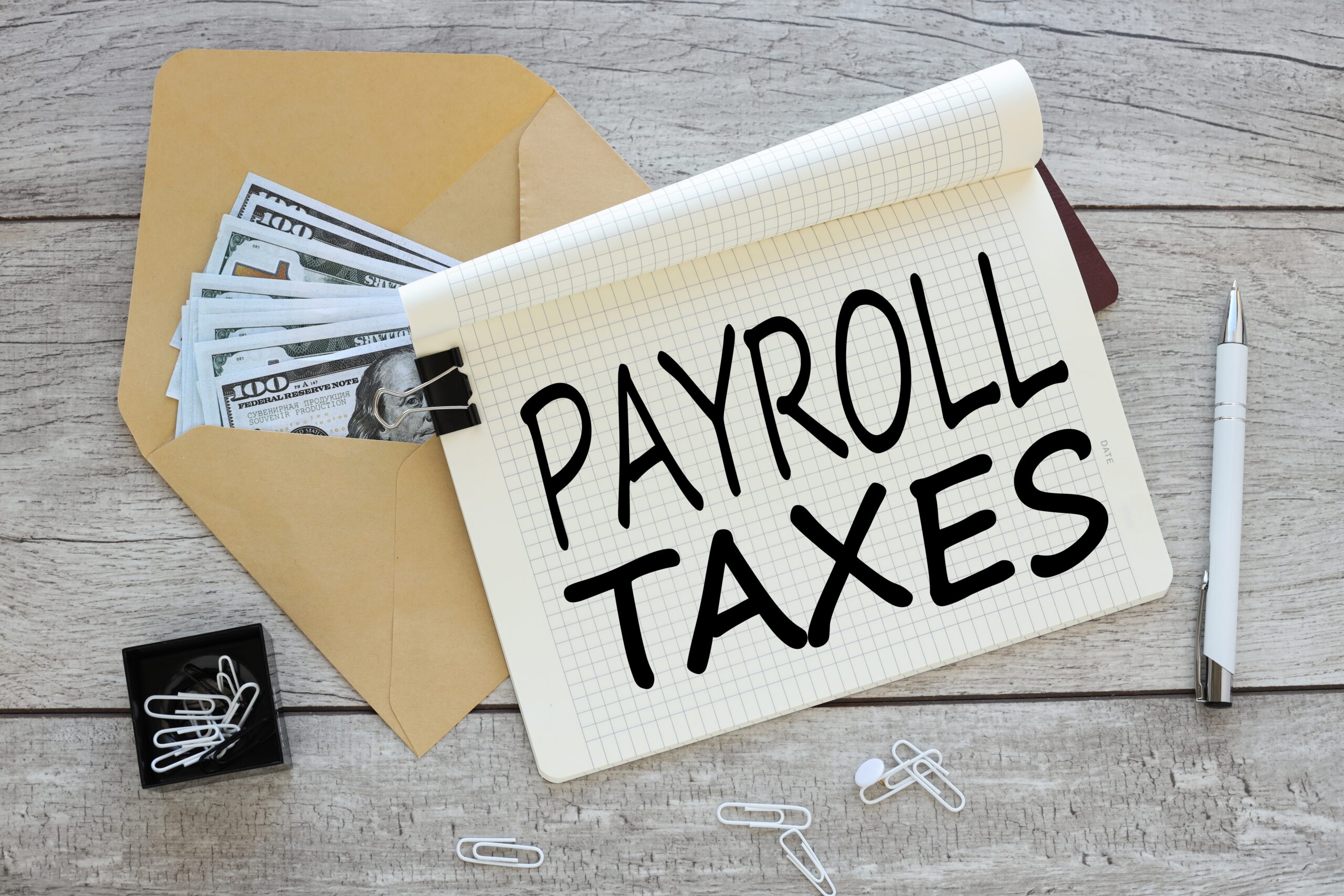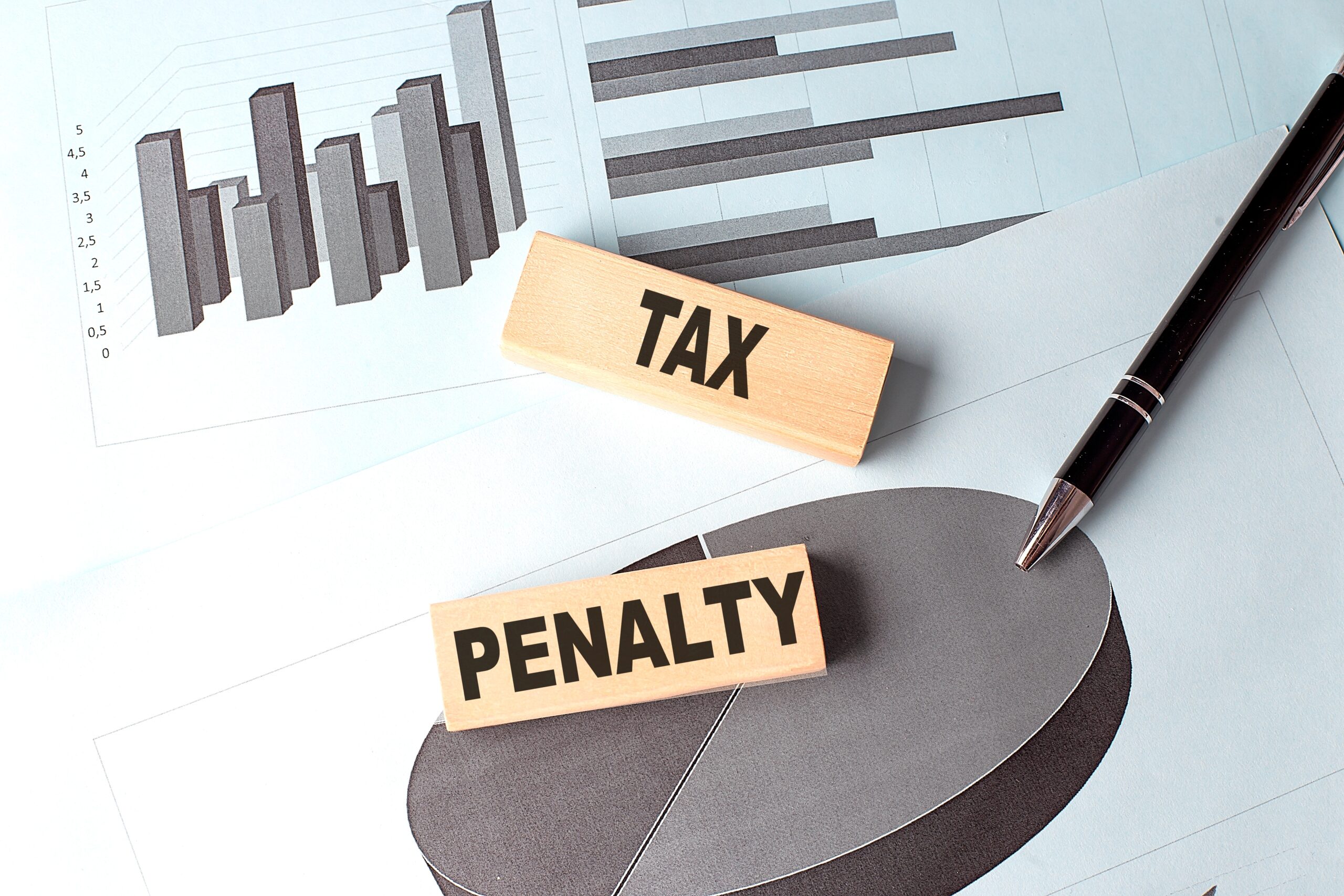Understanding IRS Tax Liens and Levies
An IRS tax lien is a legal claim against your property when you fail to pay your tax debt. For self-employed individuals, this can be particularly damaging, as it affects both personal and business assets. It’s crucial to understand the implications of a lien, as it can hinder your ability to secure loans or sell property.
In addition to liens, the IRS can issue levies to seize your assets directly. This includes garnishing wages or taking funds from your bank account. Knowing your rights and the process involved can help you take proactive steps to protect your finances and seek relief options.
Payment Options for Self-Employed Individuals
Self-employed individuals often face unique challenges when it comes to paying off IRS debt. Fortunately, there are several payment options available, including installment agreements and offers in compromise. These solutions allow you to manage your tax obligations without overwhelming financial strain.
For instance, an installment agreement lets you pay your tax debt in manageable monthly payments. On the other hand, an offer in compromise allows you to settle your tax debt for less than the full amount owed if you can prove that paying the full amount would cause financial hardship. Understanding these options is key to regaining control over your finances.
The Importance of Timely Tax Filing
Filing your taxes on time is crucial for self-employed individuals to avoid penalties and interest that can accumulate quickly. Deadlines can be confusing, especially when estimating quarterly taxes, but staying on top of your filing obligations can prevent unnecessary complications with the IRS.
Additionally, timely filing can open up opportunities for tax deductions and credits that might be missed if you file late. Being proactive about your tax responsibilities not only helps in managing IRS debt but also contributes to long-term financial health.
Seeking Professional Help for Tax Relief
When facing IRS debt, seeking professional help can make a significant difference in navigating the complexities of tax relief options. Tax relief services like Rappaport Tax Relief specialize in assisting self-employed individuals to find tailored solutions that fit their unique situations.
Professional tax advisors can provide insights into the best strategies for negotiating with the IRS, ensuring that you are aware of all available options. Their expertise can help alleviate the stress of dealing with tax debt, allowing you to focus on running your business while they handle the negotiations.
Understanding IRS Tax Liens and Levies
An IRS tax lien is a legal claim against your property when you fail to pay your tax debt. For self-employed individuals, this can be particularly damaging, as it affects both personal and business assets. It’s crucial to understand the implications of a lien, as it can hinder your ability to secure loans or sell property.
In addition to liens, the IRS can issue levies to seize your assets directly. This includes garnishing wages or taking funds from your bank account. Knowing your rights and the process involved can help you take proactive steps to protect your finances and seek relief options.
Payment Options for Self-Employed Individuals
Self-employed individuals often face unique challenges when it comes to paying off IRS debt. Fortunately, there are several payment options available, including installment agreements and offers in compromise. These solutions allow you to manage your tax obligations without overwhelming financial strain.
For instance, an installment agreement lets you pay your tax debt in manageable monthly payments. On the other hand, an offer in compromise allows you to settle your tax debt for less than the full amount owed if you can prove that paying the full amount would cause financial hardship. Understanding these options is key to regaining control over your finances.
The Importance of Timely Tax Filing
Filing your taxes on time is crucial for self-employed individuals to avoid penalties and interest that can accumulate quickly. Deadlines can be confusing, especially when estimating quarterly taxes, but staying on top of your filing obligations can prevent unnecessary complications with the IRS.
Additionally, timely filing can open up opportunities for tax deductions and credits that might be missed if you file late. Being proactive about your tax responsibilities not only helps in managing IRS debt but also contributes to long-term financial health.
Seeking Professional Help for Tax Relief
When facing IRS debt, seeking professional help can make a significant difference in navigating the complexities of tax relief options. Tax relief services like Rappaport Tax Relief specialize in assisting self-employed individuals to find tailored solutions that fit their unique situations.
Professional tax advisors can provide insights into the best strategies for negotiating with the IRS, ensuring that you are aware of all available options. Their expertise can help alleviate the stress of dealing with tax debt, allowing you to focus on running your business while they handle the negotiations.



